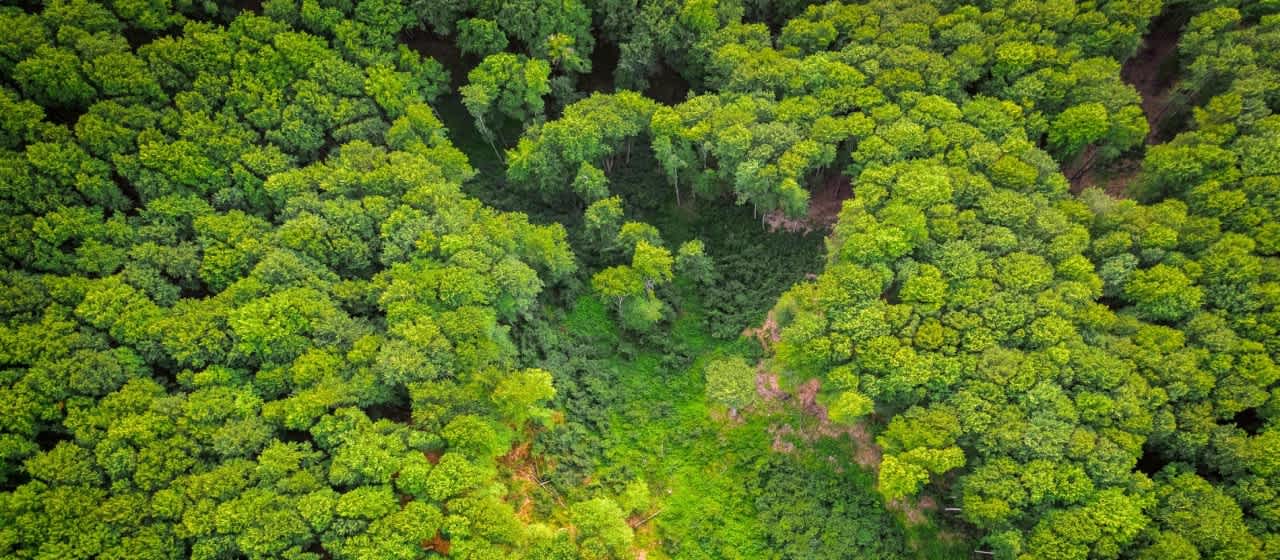
20.06.2024
World Refugee Day: Addressing Climate-Driven Displacement Through Sustainable Supply Chains
World Refugee Day: Addressing Climate-Driven Displacement Through Sustainable Supply Chains
Today, on World Refugee Day, Flexport.org recognizes refugees around the world as they face the effects of global warming. In 2022, nearly 32 million people were displaced as a result of weather-related hazards, representing a 41% increase in displacements since 2008. Extreme weather scenarios are referred to as “threat multipliers,” magnifying the impact of other factors that contribute to refugees’ displacement, including social tensions, economic instability, and resource shortages. According to the UN Refugee Agency (UNHCR), “70% of conflict-displaced internally displaced people (IDPs) , 40% of refugees, and 60% of stateless people live in fragile and/or conflict-affected countries that are among the most vulnerable to and least ready to adapt to climate change.” As these communities feel the effects of climate change, there is a growing need for humanitarian aid and better resource distribution.
The increase in climate-related catastrophe in regions with significant refugee populations strains existing supply chains and necessitates the development of new ones. Global transportation’s dependence on carbon-intensive modes, including air and ocean shipping, contributes to climate instability, which in turn disrupts supply chain operations. This is a vicious cycle for an industry that underpins economic growth and has lifted more than an estimated 1 billion people out of poverty since 1990.
So, how can the transport sector —which produces an estimated 23% of the world’s greenhouse gasses —continue to facilitate global trade, economic development, and the distribution of lifesaving goods, while minimizing the climate impact of its operations?
The shipping industry is working on developing long-term sustainable transport solutions like methanol, green hydrogen, and road electrification. While these technologies scale up, existing solutions like lower carbon fuels can help bridge the gap between existing infrastructure and future developments. That said, with budget cuts and significant underfunding in the humanitarian sector, organizations are often unable to afford the low carbon transportation options currently available.
This World Refugee Day, Flexport.org is supporting our humanitarian partners in minimizing the environmental impact of their supply chains and enabling the adoption of low carbon fuels. Through Flexport’s book-and-claim, sustainable biofuel insetting programs, shippers can reduce air and ocean transport emissions with no impact on the physical flow of goods. This ensures resources get where they’re needed, when they’re needed.
Flexport.org has helped reduce ocean transportation emissions through sustainable marine biofuel certificates for two of our nonprofit partners that work with vulnerable communities around the world. KLABU launched their newest clubhouse in Boa Vista, Brazil, providing a safe space for sports and play for indigenous Venezuelan refugees living in the shelter facility there. USA for UNHCR has ramped up the delivery of goods as needs of an estimated 1 million refugees and 3 million IDPs in Ethiopia have increased due to ongoing instability in the country. These populations feel the impact of the climate crisis firsthand. On this World Refugee Day, we want to highlight that increasing global supply chain resilience and decreasing negative climate impact is good for business, people, and the planet.
Reach out to climate@flexport.com if you’re interested in learning more about our supply chain decarbonization programs, and org.ops@flexport.com if you’re interested in shipping humanitarian aid.
Header Image from Boa Vista, Brazil KLABU Clubhouse Launch



